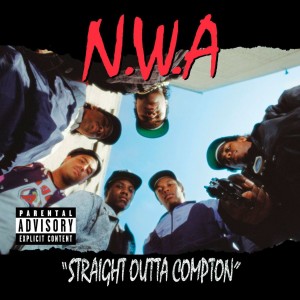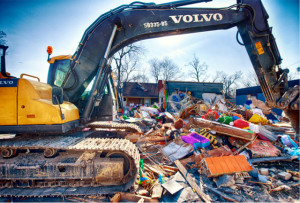Recently, the good people at Simmons College asked me to take part in their blog carnival.
Well, how could I say no to anything with the word “carnival” in it? Will there be rides? Will there be virtual cotton candy? Can I get my picture taken next to the bearded lady? (Note: it is no longer socially acceptable to make fun of women with facial hair, so please mentally delete that last sentence).
In any case, it turns out that the blog carnival is part of the #MoreThanALabel campaign to shine a positive light on immigrant communities, defy labels, and combat the stigmas of being an immigrant.
Now, I am not an immigrant. I was born in New York City, which many conservatives will tell you is not part of the “real America,” but alas for them, it technically counts as the USA.
As I’ve stated many times, being born here is not an accomplishment. It is pure luck.
However, my mother is an immigrant. She came here from El Salvador in the late 1960s, and she has now been an American citizen for longer than she was a resident of her native land.
Many of my cousins are immigrants. They came here as kids and have become citizens, started careers, and raised their own children.
One of my cousins has done multiple tours of duty in Iraq and Afghanistan. I mean, really, how patriotic can you get?
But ultimately, it doesn’t matter how successful the immigrants in my family have been. Nor does it matter that immigrants have lower crime rates than native-born Americans. And it doesn’t even count that immigrants pay plenty of taxes and have a net positive impact on the economy.
That’s because a huge percentage of Americans are convinced that their lives suck because of all those people who were born south of Texas. And those Americans cannot be reasoned with.
So while it’s great that the #MoreThanALabel campaign is working to improve the image of immigrant communities, I’m just too cynical to contribute much of an uplifting narrative.
You see, I’m through with trying to convince xenophobes that immigrants belong in America. That is backward logic. It is the racists who represent the worst of the USA, and they always have.
And before everybody gets crazy, let me issue an obvious disclaimer: I’m not saying that everyone who has issues with immigration reform or is a conservative is a racist. Again, I’m not saying that. It would be absurd.
But the racial element is there, winding around the debate. It makes movements like #MoreThanALabel a necessity. No other group has to take such great efforts to convince a segment of the American population that they are human beings.
Still, the good news is that immigrants will persevere. Each new generation of arrivals struggles to its feet and establishes itself as part of American culture. It is an inevitable process, and it will go on and on.
So, if you need me, I’ll be hitting this blog carnival’s Tilt-a-Whirl. See you there.














